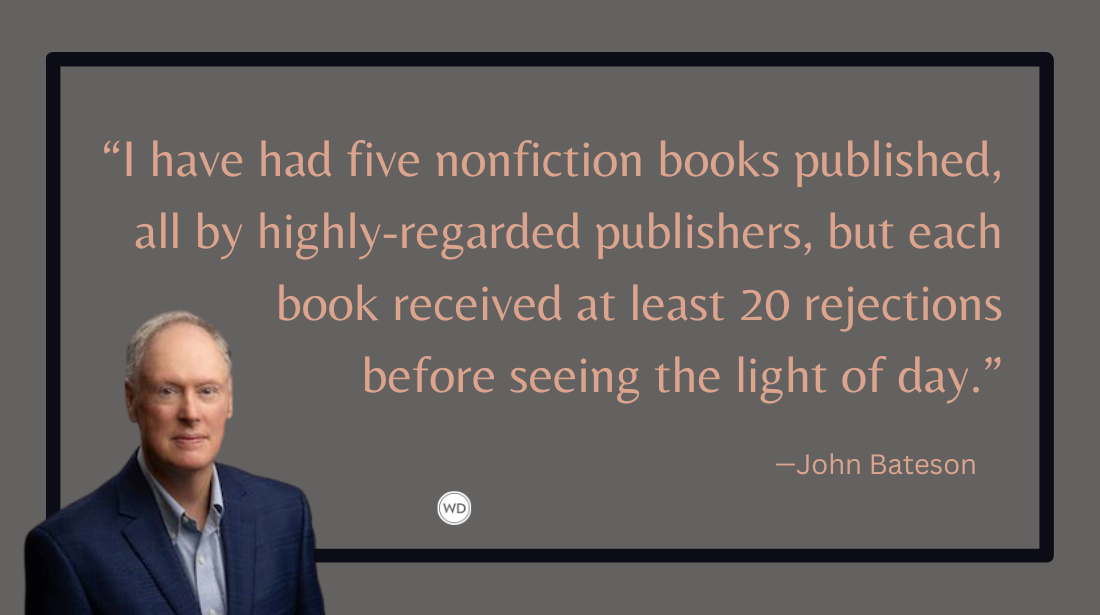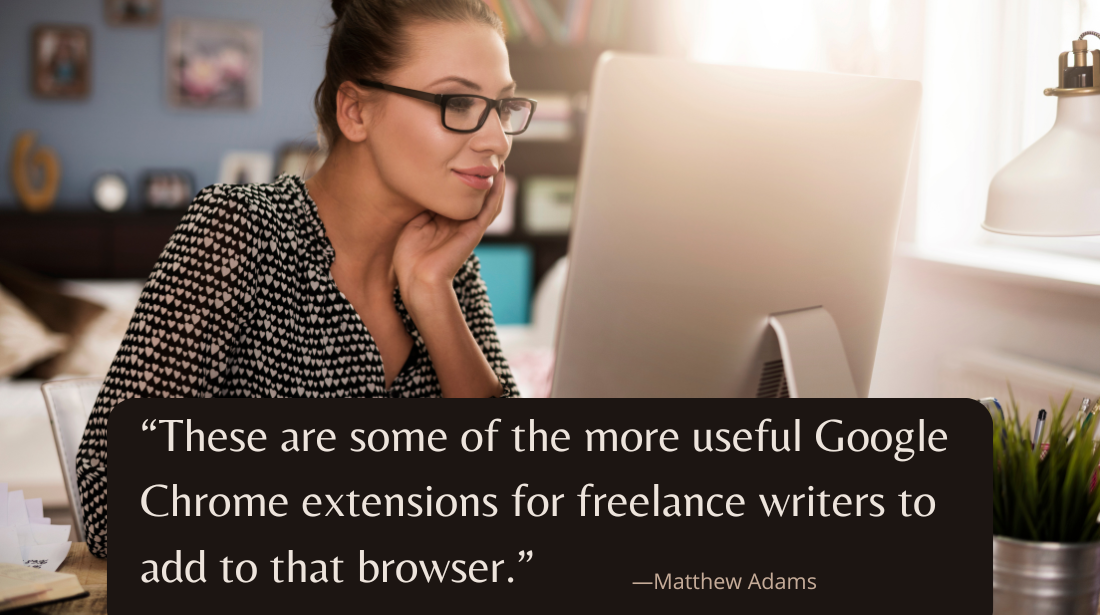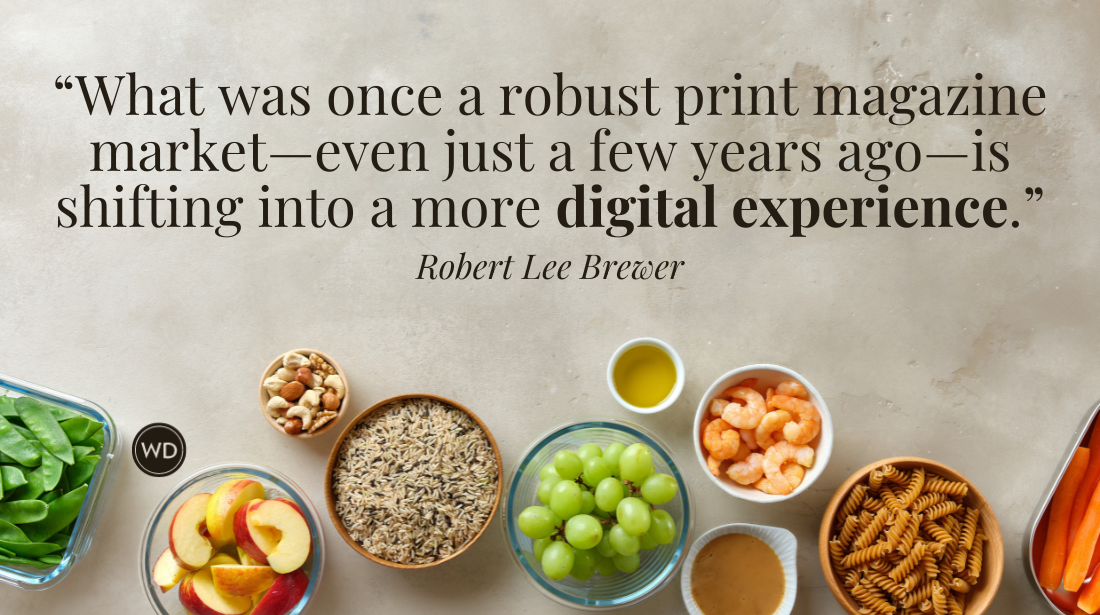Handling Digital/Electronic Rights to Your Shorter Works
A reader of this blog (and MWW member!), Cathy Shouse, wrote to ask: The Saturday Evening Post is buying first rights to my financial articles and are also including the…
A reader of this blog (and MWW member!), Cathy Shouse, wrote to ask:
The Saturday Evening Post is buying first rights to my financial articles and are also including the right to put them on their website. They are archiving them and I'm concerned no one will want them in reprints or as chapters in a book since they're online. The topic of finances makes it a greater challenge to simply rewrite the stories.
This is an area with no easy answers, mainly because there are so many variables (the writer, the piece, the publication, the audience). The key considerations are:
- Do you stand to earn a lot of money through reprints? Is it something you could re-use profitably and/or re-sell profitably for a long time to come?
- Will the material go out of date quickly?
- What were you paid for first rights? Is it appropriate for the additional archiving rights they are taking?
- Does exposure with this publication (or through its site) help send more work your way in the long run? A highly trafficked or highly respected site might help bring your expertise to the attention of others.
- Does it feel thrilling to think you'll always link to this piece (or this site) from your own blog or site?
In general, here's what I recommend.
- If a publication asks for digital/electronic rights that include archiving or indefinite availability on their site, at the very least ask for a nonexclusive agreement so you can continue to use, post, or sell the material.
- Ask for a contractual way out of these arrangements if you're particularly concerned about the use. E.g., within 30 days of your request, the publication has to remove the material from their site.
- You may not have a problem reselling material that's posted online, especially if you're reselling to a very different site, media/platform, or audience with little crosssover. (For example, let's say this same piece would be absolutely perfect for the print edition of Plumber's Digest, whose audience doesn't even read or know about the Saturday Evening Post site.)
- Most book publishers will not be concerned if portions of your work appear online for free. People consume information in different ways, and find information in different ways. Just because your material is freely available online doesn't mean (a) everyone knows it's there or (b) won't buy a book for the better reading experience or the convenience.
I would love to hear comments from readers who have had either good or bad experiences with selling electronic rights to their work. Do you think it can be helpful or harmful?
Photo credit: James Paul Long (from the London Book Fair rights center)
Jane Friedman is a full-time entrepreneur (since 2014) and has 20 years of experience in the publishing industry. She is the co-founder of The Hot Sheet, the essential publishing industry newsletter for authors, and is the former publisher of Writer’s Digest. In addition to being a columnist with Publishers Weekly and a professor with The Great Courses, Jane maintains an award-winning blog for writers at JaneFriedman.com. Jane’s newest book is The Business of Being a Writer (University of Chicago Press, 2018).








